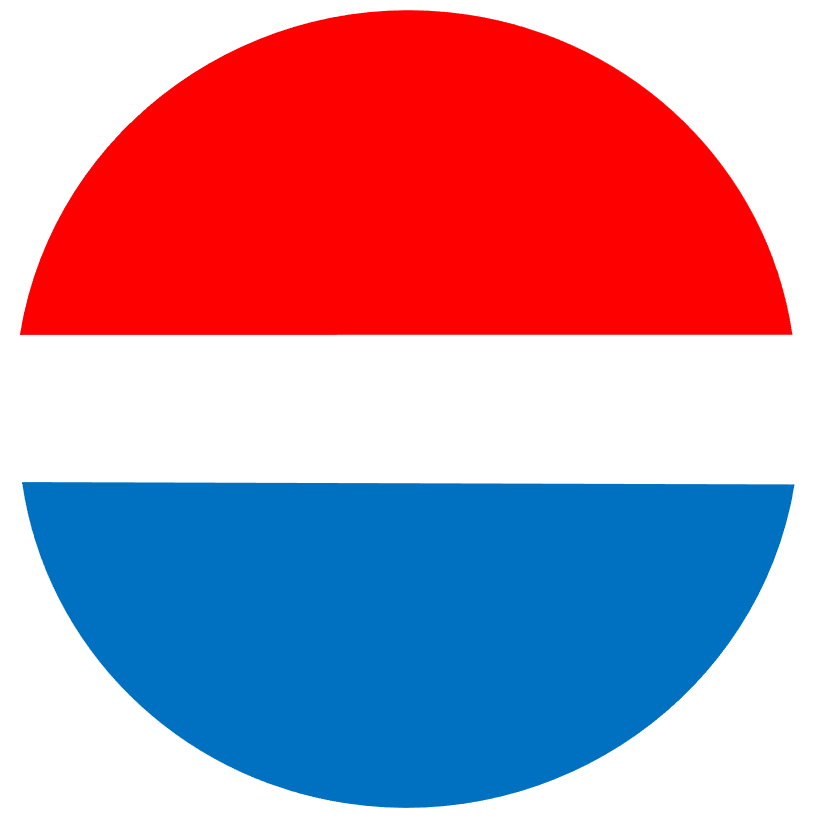Introduction
I frequently receive questions about this treaty change in my practice. A common question is how the prevention of double taxation works. In this article, I will address this issue for a Swiss resident receiving Dutch periodic pension payments.
National laws
Netherlands
Swiss residents who receive a Dutch pension are considered “non-resident taxpayers” under Dutch tax law. This means that they are liable to tax in the Netherlands on their Dutch pension income.
Switzerland
Swiss residents are taxed in Switzerland on their worldwide income. This means that they must also report their Dutch pension income in their Swiss tax return.
The tax treaty
Since both the Netherlands and Switzerland impose taxes on the Dutch pension payments, double taxation occurs. The tax treaty establishes rules to minimize this.
During the negotiations on the treaty change, Switzerland requested that there would be a source state taxation on pension payments, allowing the source state (in your case: the Netherlands) to tax periodic payments at a maximum rate of 15%. One-off payments, however, can be fully taxed in the source state.
Example 1
In 2022, Emma, a Swiss resident, receives periodic pension payments from the Netherlands. These payments include €10,000 from the AOW (old-age state pension) and an annual pension of €190,000, bringing her total income for income tax purposes to €200,000. The Dutch tax rate on this income is 49.5%. However, based on the tax treaty, the Netherlands may only tax this income at a rate of 15%, resulting in €30,000 of income tax due.
Example 2
In 2022, John a Swiss resident only receives an AOW payment of €10,000 from the Netherlands. The applicable Dutch tax rate on this income is less than 15%. Based on the tax treaty, the Netherlands taxes this income at the applicable Dutch rate (9.42%), resulting in an income tax due of €942.
Example 3
In 2022, Theo, a Swiss resident receives a one-off pension payment of €200,000 from the Netherlands. Based on the tax treaty, the Netherlands taxes this income at the applicable Dutch tax rate, resulting in €80,564 in income tax due (I am not taking into account any potential revision interest in this example).
Implementation of the tax treaty for periodic payments
Dutch income tax return
In the Dutch tax return, you can specify that the tax treaty permits a maximum of 15% tax to be applied to periodic pension payments.
Example 4
Assuming the pension provider for Emma (from Example 1) applies the full Dutch tax rate (€75,614) to the €190,000 pension payment. The SVB (Social Insurance Bank charged with paying the AOW) withholds no tax from the €10,000 AOW payment.
Based on the tax treaty, the pension provider may only withhold 15% (€28,500). And as the AOW payment needs to be added to the pension provider’s income in Emma’s income tax return, the AOW payment is also subject to 15% income tax (€1,500).
The calculated income tax of €30,000 will be reduced by the €75,614 already withheld by the pension provider. This means Emma can expect a refund of €45,614.
Swiss tax return
In the Swiss tax return, 85% of the received Dutch gross pension should be declared. At your request, the Swiss tax authority will take the treaty application into account: Switzerland exempts 1/3 of the declared net amount. The remaining amount is subject to federal, cantonal, and municipal taxes.
Example 5
Emma’s income, as mentioned in Example 1, is taxed at 15% in the Netherlands. In her Swiss tax return, Emma declares 85% of her Dutch pension of €200,000. Based on her request, Switzerland exempts 1/3 of this amount (€56,667). The remaining €113,333 is taxed at the regular Swiss rate.
Example 6
Jan’s income, as mentioned in Example 2, is taxed at 9.42% in the Netherlands. In his Swiss tax return, Jan declares 85% of his AOW pension of €10,000. Based on his request Switzerland exempts 1/3 of this amount (€2,833). The remaining €5,667 is taxed at the regular Swiss rate.
Possible higher tax burden in Switzerland
Swiss residents with a Dutch pension may encounter an increased Swiss tax burden due to the modified tax treaty. This results from the maximum tax rate of 15% in the Netherlands, Switzerland’s partial exemption method, and the relevant Swiss tax rate. Unfortunately, from a Dutch standpoint, there is no solution to alter this situation.
Filing the Dutch tax return before the Swiss tax return?
If a Dutch pension provider does not take the tax treaty into account, it may create the perception of an incorrect net amount being declared in Switzerland. After all, if too much tax is withheld in the Netherlands, the net payment is too low; if too little is withheld, the net payment is too high.
Is it necessary therefore to wait until the Dutch tax return is filed and the Dutch tax assessment is determined before submitting the Swiss tax return? In my opinion, this is not necessary. As described earlier, 85% of the total Dutch gross pension is declared in the Swiss tax return. The declared percentage automatically considers the tax treaty and is, therefore, independent of the income tax withheld (or not withheld) in the Netherlands.
In conclusion
Applying the amended tax treaty to Dutch pension payments requires some attention. If you need assistance with your Dutch tax return, please feel free to contact me.






